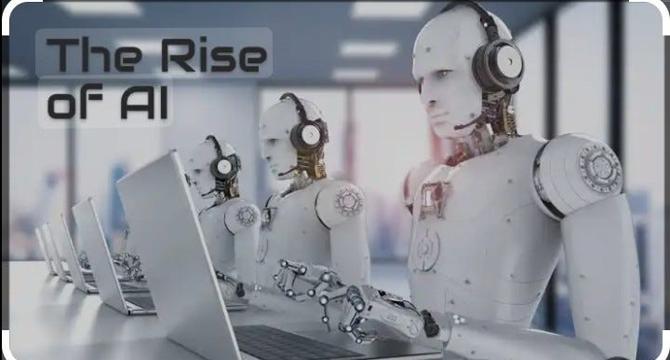Medium
1M
260

Image Credit: Medium
THE RISE OF ARTIFICIAL INTELLIGENCE: IMPLICATIONS FOR JOB AND WORKFORCE DYNAMICS IN ORGANIZATIONS
- AI has a wide range of applications across various industries including robotics, e-commerce, retail, and several other domains.
- AI can lead to job creation, enhance productivity and decision-making, and provide personalized learning.
- However, AI also raises concerns about job displacement and the skills gap.
- Moreover, AI may lead to changes in organizational structure and bias and ethics concerns.
- Preparing for the implications and advancement of AI requires upskilling, fostering a culture of lifelong learning, emphasizing human skills that complement AI, implementing AI responsibly and transparently, and monitoring and addressing potential biases and negative impacts.
- To achieve responsible AI development, ethical frameworks and guidelines, diverse and inclusive teams, transparency and explainability, data quality and bias mitigation, human-centric design, continuous monitoring and evaluation, legal and regulatory frameworks, education and awareness, collaboration and partnerships, and long-term thinking are essential.
- Responsible AI development requires a holistic approach involving technical, ethical, legal, and societal considerations.
- By following these principles, we can create AI systems that benefit humanity while minimizing harm.
Read Full Article
15 Likes
For uninterrupted reading, download the app